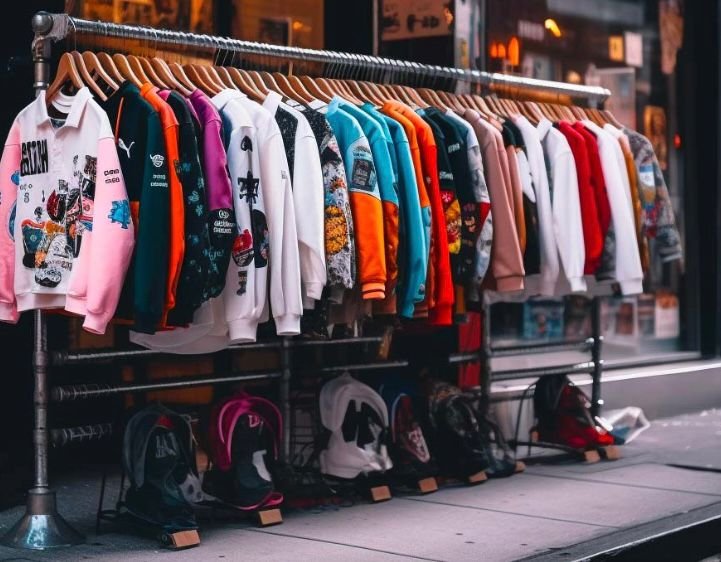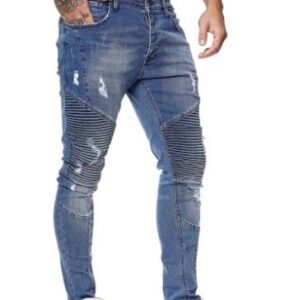How does a streetwear brand create its own clothing line: Creating your own clothing line is a dream for many streetwear enthusiasts and entrepreneurs. Whether you’re a designer with a unique vision, an aspiring brand owner, or a creative mind eager to see your ideas come to life, developing a clothing line is an exciting journey. In this blog, we’ll take you through the essential steps to help you transform your streetwear dreams into a reality. From concept to production, marketing, and beyond, we’ll explore how a streetwear brand creates its own clothing line.
Step 1: Conceptualization and Market Research
The first crucial step in creating a clothing line is defining your vision and understanding your target market:
- Conceptualization: Begin by identifying your style, themes, and niche. What sets your clothing line apart? Consider the latest streetwear trends and your own unique creative voice.
- Market Research: Dive deep into market research to understand your target audience. What are their preferences, needs, and purchasing behaviors? Assess your competition and discover where your clothing line fits into the market.
Step 2: Design and Development
With a clear concept in mind, you can now move on to the design and development stage:
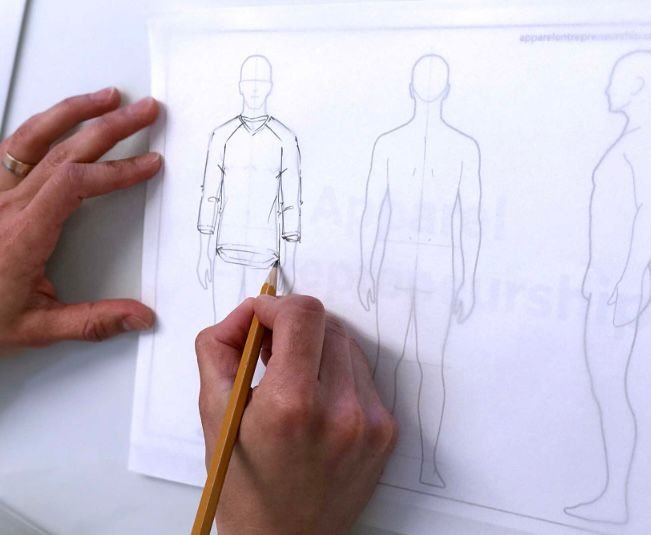
- Create Designs: Develop your clothing line’s designs, including sketches, patterns, and style guides. Focus on the specific features, materials, and colors that embody your brand’s identity.
- Tech Pack Preparation: Create detailed tech packs for each design. These packs should include all the necessary information for production, such as dimensions, materials, colors, stitching details, and any unique features.
- Sample Creation: Produce physical samples of your designs for testing and refinement. Be prepared for multiple iterations to get the details just right.
Step 3: Sourcing and Production
Once your designs are finalized, it’s time to find suppliers and initiate production:
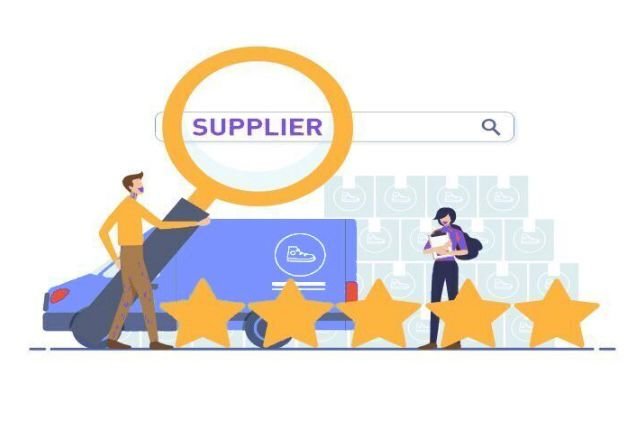
- Supplier Selection: Source reliable hoodie manufacturers, skate pant suppliers, bomber jacket manufacturers, down jacket manufacturers, jeans suppliers, and any other vendors you may need. Consider factors like quality, pricing, production capacity, and ethical considerations.
- Material Selection: Choose the fabrics, colors, and accessories that align with your design and concept. Ensure the materials meet your quality and sustainability standards.
- Quality Control: Establish a quality control process to maintain consistency and uphold your brand’s reputation.
- Production Management: Coordinate with suppliers to meet production timelines, quality standards, and quantity requirements.

Step 4: Branding and Marketing
To establish and grow your clothing line, invest in branding and marketing:
- Brand Identity: Develop a strong brand identity that reflects your clothing line’s uniqueness. Create a memorable logo, choose your brand colors, and define your brand’s values and personality.
- Online Presence: Launch a professional website and set up social media profiles. These online platforms will serve as your virtual storefronts and key marketing channels.
- Content Marketing: Share compelling content on your website and social media platforms. This includes blog posts, videos, and imagery that tell your brand’s story, showcase your designs, and engage with your target audience.
- E-commerce and Sales Channels: Decide where and how you’ll sell your clothing line. Options include your own e-commerce store, third-party marketplaces, or brick-and-mortar retailers.
- Marketing Strategy: Develop a comprehensive marketing strategy that encompasses online advertising, social media marketing, influencer partnerships, and public relations efforts to reach potential customers.
- Customer Service: Provide excellent customer service, respond to inquiries promptly, and address concerns or issues professionally. Building trust is essential for customer loyalty.
Step 5: Scaling and Expansion
As your clothing line gains traction, you’ll need to plan for growth:
- Product Diversification: Explore the possibility of expanding your product range to include different styles, categories, or accessories.
- International Markets: Consider expanding your reach to international markets to broaden your customer base.
- Refining Processes: Continuously monitor your sales, inventory, and customer feedback to optimize your business processes for increased efficiency.
- Collaborations and Partnerships: Seek collaborations and partnerships with other businesses in the fashion industry to enhance your brand’s visibility and reach.
- Customer Feedback and Improvement: Collect and analyze customer feedback to identify areas for improvement in your designs, products, and services.
Step 6: Legal Considerations
To protect your clothing line and brand, consider the following legal aspects:
- Intellectual Property: Ensure that your designs, logo, and brand name are legally protected through patents, trademarks, and copyrights.
- Contracts and Agreements: Create comprehensive contracts with suppliers, manufacturers, and distributors that specify terms, payment schedules, delivery schedules, and any penalties for non-compliance.
- Import Regulations: Familiarize yourself with import regulations, customs requirements, and any international trade laws that may apply to your products.
Step 7: Sustainability and Ethical Practices
As conscious consumerism grows, consider integrating sustainability and ethical practices into your clothing line:
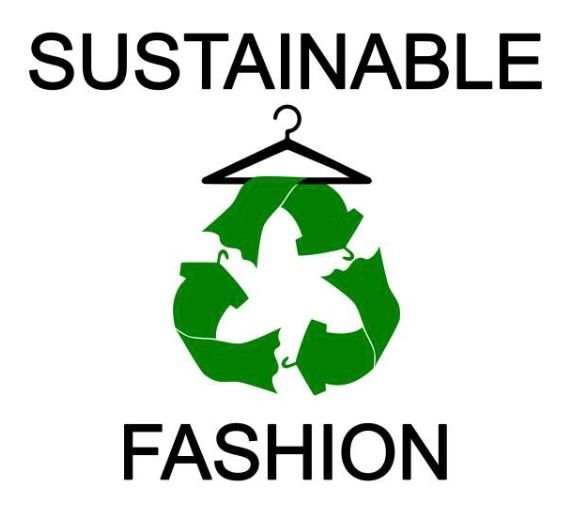
- Sustainable Materials: Opt for eco-friendly fabrics and materials, like organic cotton or recycled fibers, to reduce your environmental impact.
- Fair Labor Practices: Ensure that your manufacturing processes adhere to ethical labor standards and provide safe and fair working conditions for employees.
- Transparency: Communicate your sustainability and ethical efforts to your customers, as transparency can build trust and attract conscious consumers.
Conclusion
How does a streetwear brand create its own clothing line: Creating your own clothing line is a journey that combines creativity, dedication, and business acumen. From conceptualization to design and production, branding, marketing, and beyond, each step is integral to your brand’s success. Remember that building a clothing line is not just about selling products; it’s about crafting a brand identity, establishing a connection with your audience, and continuously evolving to meet their needs. By following these steps and staying true to your vision, you can turn your streetwear dreams into a thriving clothing line that resonates with your target audience and the streetwear world at large.


